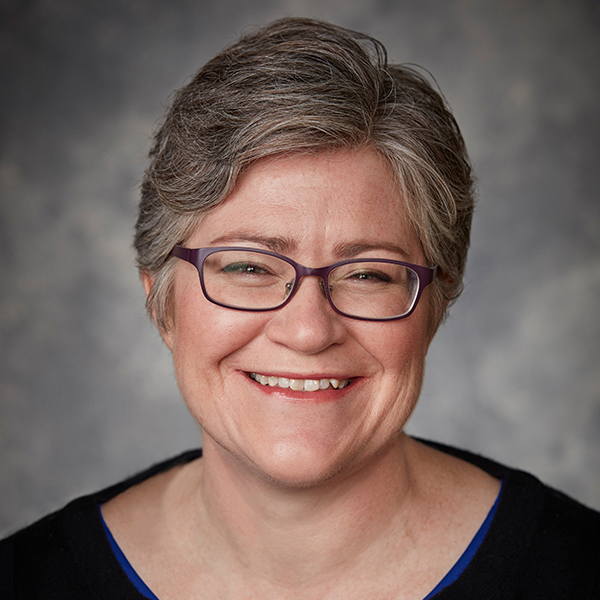Dr. Kelli Palmer
- Professor of Biological Sciences
- Cecil H. and Ida Green Distinguished Chair in Systems Biology Science

The legacy of Cecil H. and Ida Green at The University of Texas at Dallas was to establish in Dallas a world-class cohort of faculty and students in the new domain of integrated interdisciplinary biomedical research. The resources and talents of UT Dallas and UT Southwestern are combined under the support and guidance of the two institutions’ Green Centers. Endowments were generated for faculty members whose research expertise lies at one of the interfaces between biomedical science and physical, mathematical, computational or engineering science, emphasizing in particular research that will create synergy with research at UT Southwestern. This chair was established in 2005.
“The quality of students at UT Dallas is extraordinary, and working with them is the highlight of my career. Some of the most innovative aspects of my group’s research result from student mentorship and engagement.”
Dr. Kelli Palmer’s research focuses on gaining a better understanding of how bacteria develop resistance to antibiotics.
One of her approaches involves sequencing entire genomes of different bacterial species to identify and characterize genetic mutations that lead to antibiotic resistance. She also is investigating the role genetic material called plasmids and transposons play in conferring resistance. These tiny bits of DNA can be transferred from bacteria that are drug-resistant to bacteria that are not. Understanding this process might lead to more effective ways to curtail the spread of antibiotic resistance.
“We have 10 times as many bacterial cells in and on our bodies than we have of our own cells, plus we are exposed to new bacteria every day, so there is a transient population that introduces new plasmids and transposons,” she said. “There’s all kinds of contact and activity going on among these bacteria.”
Palmer also studies a complex gene-editing system abbreviated CRISPR (pronounced “crisper”), which is the mechanism underlying bacterial immune systems – something researchers didn’t know existed until about 10 years ago.
Scientists worldwide are investigating CRISPR for its possible use in editing genes and correcting genetic mutations in other species, including humans.
A mentor to graduate and undergraduate students, Palmer is at the forefront of the University’s efforts to recruit and train the next generation of leaders in science.
“In the lab, I encourage students to be collaborative, stay current on the scientific literature and design their own experiments,” Palmer said. “Similarly, in the classroom, I teach from the most recent literature on timely scientific issues, including antibiotic resistance, probiotics and the microbiome, and CRISPR-Cas genome editing. My role as an educator is to make sure that students are exposed to the most current and sometimes controversial topics in microbiology, even if those topics have not yet made it into textbooks.”
After receiving her bachelor’s degree from the University of Oklahoma, Palmer earned a doctorate in molecular genetics and microbiology from The University of Texas at Austin. She was a postdoctoral fellow in ophthalmology and microbiology and immunology at Harvard Medical School before joining the UT Dallas faculty in 2012.